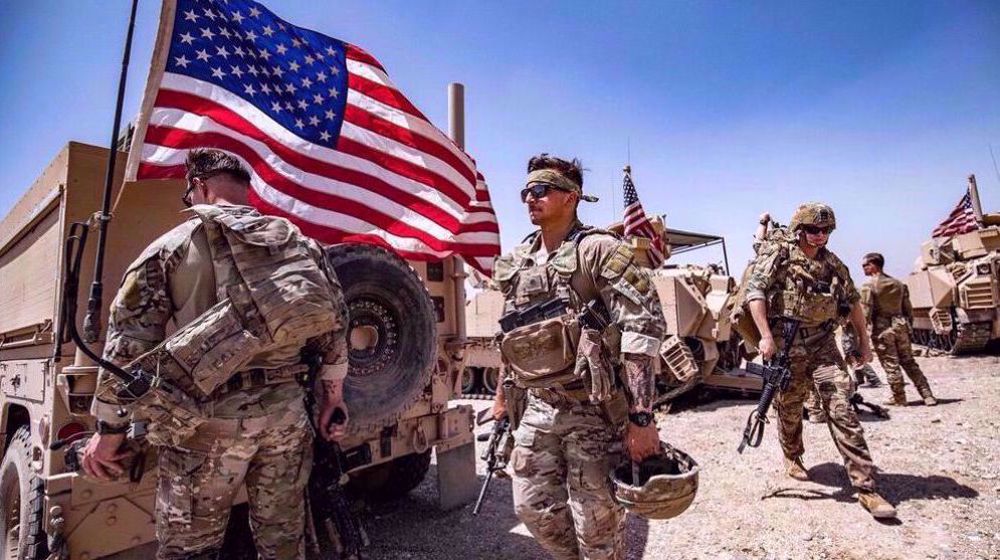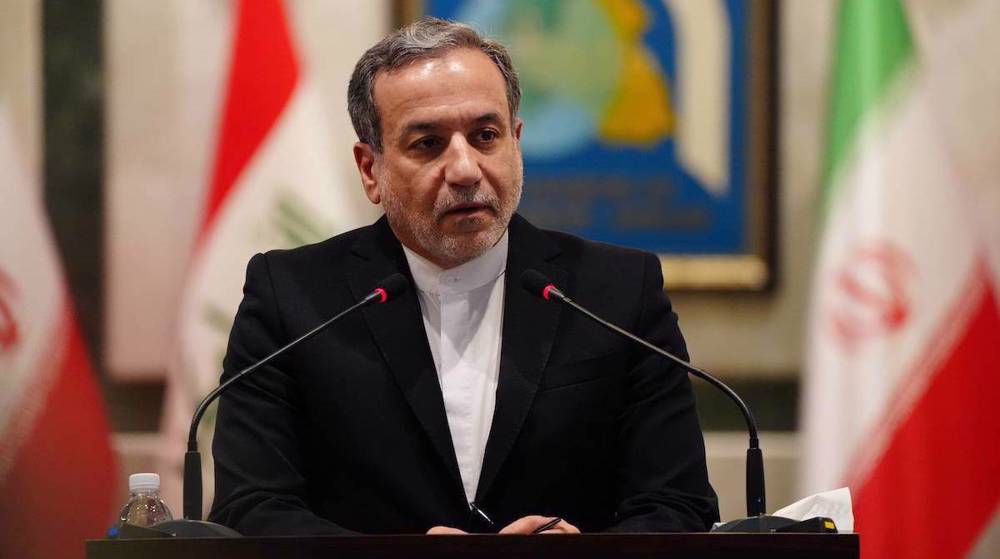Canadian court upholds $1.7 billion ruling against Iran
A Canadian court has accused Iran of supporting terrorism, upholding a previous ruling that requires the Islamic Republic to pay around $1.7 billion in damages to “American victims of terrorism.”
Ontario’s Court of Appeal rejected Iran’s request to reconsider the ruling on Monday night, arguing that doing so would amount to a breach of Canada’s Justice for Victims of Terrorism Act (JVTA).
The JVTA allows victims of terrorism to sue foreign states for damages.
The accusation came despite Iran’s firm response to similar cases in the past, where various American and European courts had taken punitive measures against Tehran over unproven claims of complicity in terror.
The new case was brought by families of Americans citizens who had been killed in a series of attacks between 1980s and 2002, mostly blamed on Palestinian and Lebanese resistance movements Hamas and Hezbollah.
The families claimed that the Iranian government supported the two organizations and was therefore responsible for their actions.
The complaints were first filed in the US but the claimants turned to Canada after finding out that the Iranian government had more properties and bank accounts there.
A one-story house in Toronto, an industrial building in Ottawa and two bank accounts were among the assets that were sought in the case.
Without offering further elaboration, the court also claimed in its ruling that Iran was seeking to “frustrate” the JVTA’s implementation.
The Iranian government had reportedly told the court that it had immunity in the case. It had also argued that the judgment was against international law and exceeded the maximum damages allowable in Canadian law.
Tehran also argued that the victims had to prove Iran’s role in each attack instead of just repeating the US government’s baseless allegations.
The court said Iran was only immune in terrorism cases that had occurred before January 1985, when Canada’s State Immunity Act was passed.
A recurring trend
Last year, the US Supreme Court ruled that around $2 billion had to be turned over to the American families of the people killed in a 1983 bombing in Beirut and other attacks blamed on Iran.
Likening the act to “highway robbery,” Iran said back then that it would seek reparations.
The trend of the unfair rulings continued in March, when a New York court ordered Iran to pay $7.5 billion in damage to families of victims of the September 11, 2001 attacks and $3 billion to a group of insurers over related claims.
Read More:
- US court verdict allows seizure of Iranian charity
- Iran to appeal Luxembourg assets seizure
- US seizure of $2b of Iran's assets
The ruling surprised many since Washington had clearly blamed the attacks on the al-Qaeda terror group and even investigated members of Saudi Arabia’s royal family who had proven ties to the terrorist organization.
Various investigations have revealed that 15 of the 19 plane hijackers involved in the attacks were Saudi nationals and some of them had received big sums of money from Saudi royals.
The ruling lost even more weight in September, after the US Congress passed the Justice Against Sponsors of Terrorism Act (JASTA), clearing the path to sue Saudi Arabia for the tragic death of over 3,000 people.
It was reported in March, however, that a judge in Luxembourg had quietly put a freeze on $1.6 billion in assets belonging to the Central Bank of Iran (CBI) to compensate the 9/11 victims.
The Canadian court’s ruling came days after yet another anti-Iran ruling by a US court, which allowed the American government to seize an Iranian charity’s office tower in New York City over claims that it was used to breach Iran sanctions.
VIDEO | Palestinian Authority’s siege of Jenin refugee camp enters 3rd week
Iran’s Pezeshkian, Egypt’s Sisi hope for restoration of bilateral ties
Israel records second highest poverty rate in OECD: Report
Senior US delegation in Syria for talks with HTS ‘terrorists’
UN chief: Israel's attacks violate Syria’s sovereignty
VIDEO | Press TV's news headlines
VIDEO | Seminar in Jordan focuses on boycotting Israel
Doctors Without Borders: Israel committing 'genocide' in Gaza










 This makes it easy to access the Press TV website
This makes it easy to access the Press TV website